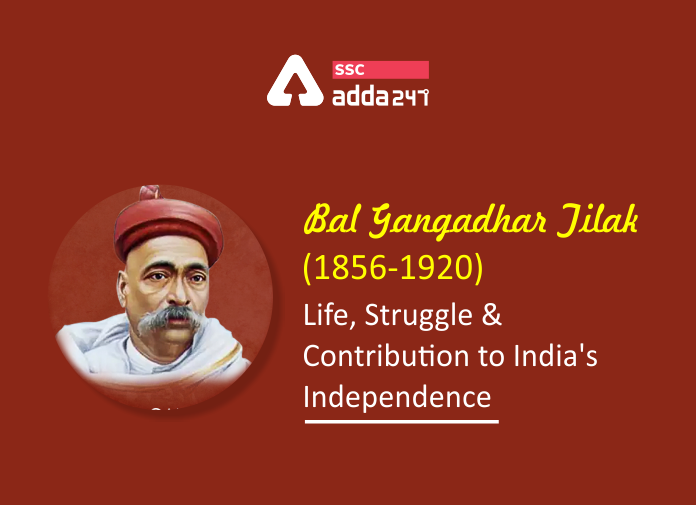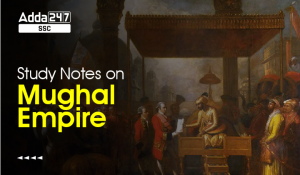Bal Gangadhar Tilak, a notable Indian freedom fighter and social reformer, is widely regarded as a key figure in shaping modern India’s foundations. He ardently advocated for self-rule, or Swaraj, for India and famously declared, “Swaraj is my birthright, and I shall have it,” which inspired many future revolutionaries. Tilak was born on July 23, 1856, in Ratnagiri, Maharashtra, and earned the title “Lokmanya,” or “revered by the people,” from his followers.
Tilak made significant contributions to India’s fight against British rule. He established the extremist wing of the Indian National Congress and played a crucial role in the development of the Swadeshi movement, which called for Indians to use domestically manufactured goods instead of British-produced goods. Additionally, Tilak organized the Ganapati and Shivaji festivals, which became significant rallying points for the freedom movement in India.
Despite being arrested and jailed numerous times by the British authorities for his political activities, Tilak persistently campaigned for India’s independence until he passed away in 1920. He is recognized as one of India’s greatest freedom fighters and continues to inspire people throughout India even today.
Life
Bal Gangadhar Tilak was born into a cultured middle-class Brahman family. He was raised in a village along the Arabian Sea coast in Maharashtra state until the age of 10. Tilak’s father, Gangadhar Shastri was a noted Sanskrit scholar and school teacher at Ratnagiri. His mother’s name was Parvati Bai Gangadhar. Due to his father’s transfer, the whole family shifted to Poona (now Pune). In 1871 Tilak married to Tapibai who was later rechristened as Satyabhamabai.
The young Tilak was educated at Deccan College in Poona, wherein 1876, he earned bachelor’s degrees in mathematics and Sanskrit. Tilak then studied law, receiving his degree in 1879 from the University of Bombay (now Mumbai). During that time, Tilak decided to teach mathematics in a private school in Poona. The school became the basis for his political career. Tilak developed the institution to a university college after he founded the Deccan Education Society (1884). The university collegeaimed at educating the masses, focusing on the English language. Tilak and his associates considered English to be a powerful force for the dissemination of liberal and democratic ideals.
Political Career & Struggle For Independence
Bal Gangadhar Tilak joined the Indian National Congress in 1890 and soon started vocalizing his strong opposition to the moderate views of the party on self-rule. Tilak strongly supported the Swadeshi (Indigenous) movement and Boycott of British goods. His methods also raised bitter controversies within the Indian National Congress (INC) and the movement itself.
Tilak’s endeavors as a freedom fighter were supported by fellow nationalists Bipin Chandra Pal of Bengal and Lala Lajpat Rai of Punjab. The trio came to be popularly referred to as the Lal-Bal-Pal. In the 1907 national session of the Indian National Congress, massive trouble broke out between the moderate and extremist sections of the Indian National Congress Party. Due to this, the Congress split into two factions.
Bal Gangadhar Tilak also published two newspapers that focused on his nationalistic goals. Those newspapers were ‘Mahratta’ (English) and ‘Kesari’ (Marathi). Both of these newspapers stressed on making the Indians aware of the glorious past and encouraged the masses to be self-reliant. These newspapers actively propagated the cause of national freedom.
Tilak also proposed Grand celebrations on ‘Ganesh Chaturthi’ and ‘Shivaji Jayanti’. He envisioned these celebrations inciting a sense of unity and inspiring nationalist sentiment among Indians. It is a sheer tragedy that for his allegiance towards extremism, Tilak and his contribution were not given the recognition, he actually deserved.
Death
Tilak was deeply disappointed by the brutal incident of the Jalianwala Bagh massacre and due to this, his health started declining. Despite his illness, Tilak issued a call to the Indians not to stop the movement. He was willing to lead the movement but his health did not allow. Tilak suffered from diabetes and had become very weak. In mid-July 1920, his condition worsened and on August 1, 1920, one of the greatest Indian Freedom Fighter passed away.



 Top 10 Longest Rivers in India, Largest ...
Top 10 Longest Rivers in India, Largest ...
 Mughal Empire Notes For RRB NTPC Exam 20...
Mughal Empire Notes For RRB NTPC Exam 20...
 Longitude and Latitude of India - Defini...
Longitude and Latitude of India - Defini...


